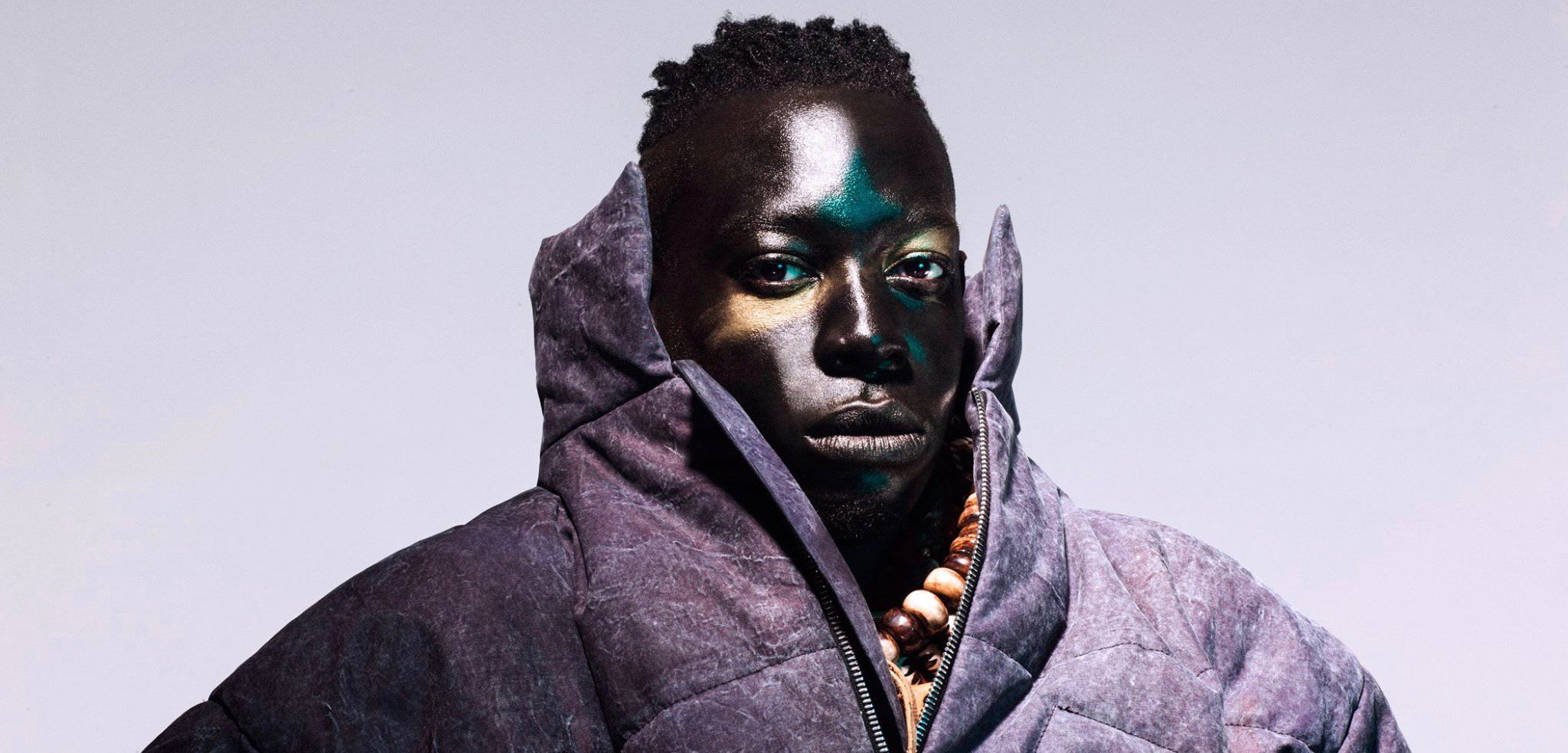Just a decade ago you’d have been hard-pressed to identify very few black LGBT people represented in the politics, arts, culture and media – just about anywhere in fact. But in the last few years more and more are gaining prominence.
And for every Laverne Cox or Deray McKesson who lives openly in the public eye, a young black LGBT person gets to switch on their TV or log on to the internet and realise their identity – their entire identity – is valid.
Representation matters, so we asked some of the freshest young talent which out and proud black people are making waves in the world right now for them…
Laverne Cox (by Otamere Guobadia, writer)

In Hollywood, even the most celebrated black women are defined by how they measure up to European standards of beauty and femininity.
Rather than seeking to minimise her blackness and trans identity, Laverne Cox, the singularly talented breakout star of Orange Is The New Black, consistently uplifts herself and others who don’t fit the mold because of race or gender identity.
Having originated the #TransIsBeautiful movement to encourage self-love in the trans community, her fiercely intelligent, compassionate activism proves revolution needn’t be dull; after all, this is a woman who knows her bell hooks as well as she knows her Beyoncé choreo.
DeRay McKesson (by Josh Lee, writer)
Martin Luther King’s non-violent activism was heavily influenced by a man called Bayard Rustin. Until relatively recently, Rustin’s contribution had been forgotten, partly because he was gay.
60 years on, DeRay McKesson is one of the most prominent activists in the #BlackLivesMatter movement. He makes himself visible – and vulnerable – to fight injustice as a proudly gay man.
He proves that, when acceptance outweighs bigotry, people like me can lead and make change with the same impact as our straight counterparts. The fearlessness with which he calls out injustice is awe-inspiring. And this time around, history won’t forget the gay man who fought for black lives.
Frank Ocean (by Jason O, student)
I was 15 in July 2012, frustrated and isolated, and Frank called out: “Whoever you are. Wherever you are… I’m starting to think we’re a lot alike.” I bought Channel Orange six days later. I cried at ‘Forrest Gump’. I had finally found an unapologetic, black, queer voice.
His identity mirrored, and helped to validate, my own. I realised queerness didn’t invalidate my blackness nor manhood, but made it all the more magical. I fell in love with our shared identity.
Visibility may not automatically be leadership but Frank gave me a voice, he will always inform it and always remind me of how far I’ve come.
Lee Daniels (by Anthony Lorenzo, writer)
Director Lee Daniels rose prominence with his film, Precious, and since then has furthered his mainstream appeal in television, with Empire. Black roles in film and television are often only surface-deep. But Daniels allows black narratives to take centre stage, with all the complexities that being the centre of the story allows for.
This extends to his gay characters: In Empire, Jamal’s narrative arc isn’t sidelined for those of straight characters, as so often happens with gay characters.
Lee Daniels is increasing our visibility in film and television. Considering the wide appeal of his work, he’s making a huge impact.
Le1f (by Travis Alabanza, performance artist and writer)

First seeing the Black, queer rapper Le1f in their video ‘Wut’, I was sat, twirling and flicking my own braids, watching them bounce between masculine and feminine energies until arriving in a genderless realm. I was awed.
Here they were rapping with such flow, power and ease, whilst effortlessly wearing a queerness that was so distinct, yet equally visible and most importantly; still Black.
Although representation does not equal liberation, stop the murders of Black trans women, or the violence I experience on the streets, I will never forget the warmth I felt – through connection – when I first saw Le1f on my computer screen.
Chardine Taylor-Stone (Lasana Shabazz, writer and performance artist)
Activist Chardine Taylor-Stone faced death threats and racial abuse in the LGBT community after speaking out about blackface drag character Laquisha Jonz in 2015.
Since then, Chardine’s visibility in the media this has started a ripple of voices from the invisible and underrepresented in our community, silenced due to the fear of being ostracized.
Her aim to make LGBT spaces respectable and welcoming to all with the Stop Rainbow Racism Campaign inspires LGBT performers of colour like myself to challenge the prevalent ignorant attitudes rife in our community, but also for patrons of colour in racially prehistoric LGBT venues to speak up.







